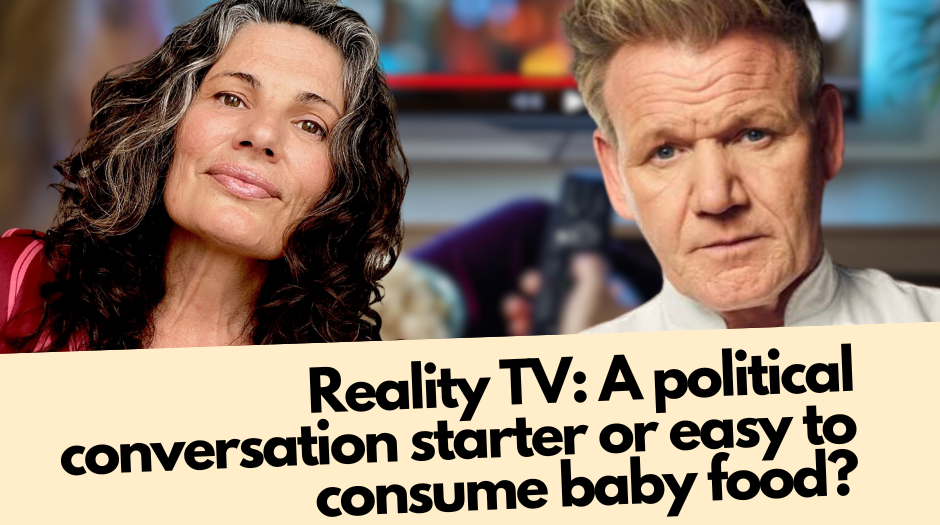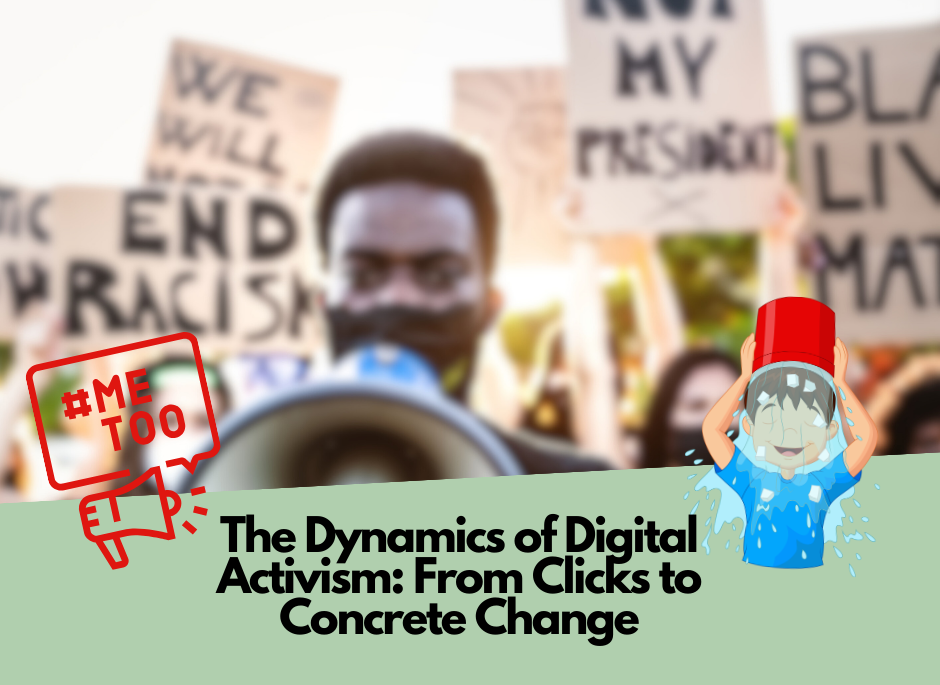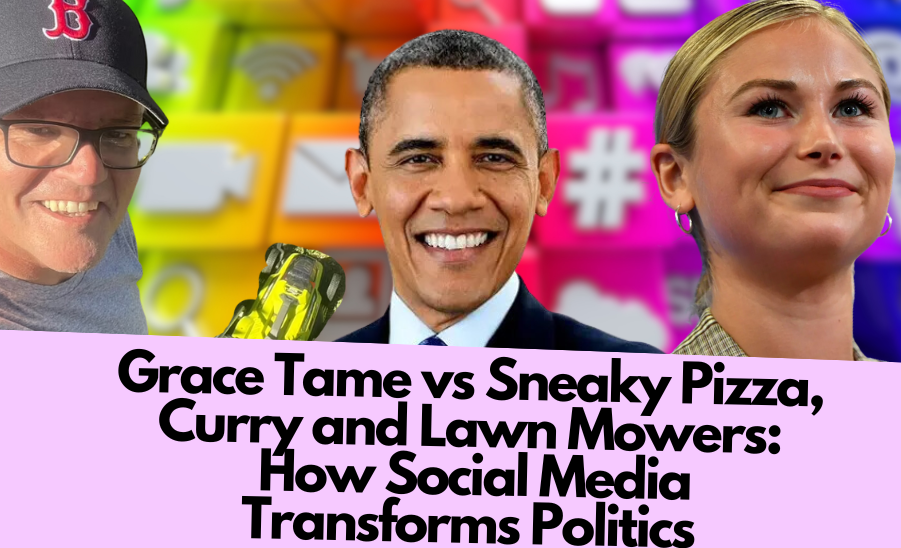Week 4: Digital Communities and Fandom
It’s a Wednesday night, you are sitting on the couch with your family, and you find yourself beginning to have a conversation about the Reality TV Show you are watching… Whether its ‘Married At First Sight’ and you are talking about the conventions of relationships or you are watching ‘Gordan Ramsay’s Food Stars’ and talking about what it takes to run a business.
We can easily disqualify reality TV as meaningless, easy to watch garbage. But is reality TV actually a trigger of everyday political talk in our public sphere?
People often engage in conversations with one another online about the shows that they are consuming. Reality TV has the power to capture the talk of everyday individuals and raise serious issues which need discussion in a casual and easy to understand way. Watch this video!
These conversations are great for research, and they also contribute to the conversations that make up what it means to be a part a public, “because they also offer us insight into what matters to everyday citizens.” (Graham & Hajru 2011)
Reality TV has the unique capacity to show us the reality of others lives. In 2023, Alone Australia was released and the individuals on it powerfully captivated many people. 12 people were tasked to survive Alone in the Tasmanian wilderness as long as they possibly could with 10 essential items. Gina Chick showed how she navigated the loss of her daughter and how to navigate the ebbs and flows of grief.
While Chris filmed himself suffering with PTSD live on camera. These are stories of real people navigating the complexities life.
However, most Reality Tv does have an affect on the way we see the world, being full of drama and full of people who want to be famous. Shows like MAFS is full of people who want to boost their careers and build a social media platform.
Some of these shows also lack representation of people from different cultural, racial and class backgrounds.
Reality TV is often the same tried and true formula repeated again and again to an audience of individuals that are happy to digest something that is easy to watch.
Is Reality TV an affective driver of cultural conversation or is it the ‘baby food’ of TV- easy to digest but with no real subsistence?
Refrences:
ABC Iview 2022, ‘Gogglebox Australia reacts to a future of Deepfakes | Tomorrow Tonight’, YouTube, YouTube, viewed 5 April, 2024, <https://www.youtube.com/watch?v=o4WDndf2Zt0>.
Australian Story 2023, ‘Alone Australia winner Gina Chick’s wild life | Australian Story’, Alone Australia winner Gina Chick’s wild life | Australian Story YouTube, YouTube, viewed 5 April, 2024, <https://www.youtube.com/watch?v=i6puGwnoPnU>.
BBC Reel 2020, ‘How the media shapes the way we view the world – BBC reel’, How the media shapes the way we view the world YouTube, YouTube, viewed 5 April, 2024, <https://www.youtube.com/watch?v=kVAztNx0rHQ>.
Graham, T., & Harju, A. (2011). Reality TV as a trigger of everyday political talk in the net-based public sphere. European Journal of Communication, 26(1), 18–32.
Kavka, M 2019, ‘Reality TV: Its contents and Discontents – Kavka – 2018’, Reality TV: its contents and discontents, viewed 5 April, 2024, <https://onlinelibrary.wiley.com/doi/full/10.1111/criq.12442>.
The School Of Life 2015, ‘Pop culture: What’s wrong with the media’, POP CULTURE: What’s wrong with the media YouTube, YouTube, viewed 5 April, 2024, <https://www.youtube.com/watch?v=NwPdAZPnk7k>.






Leave a comment